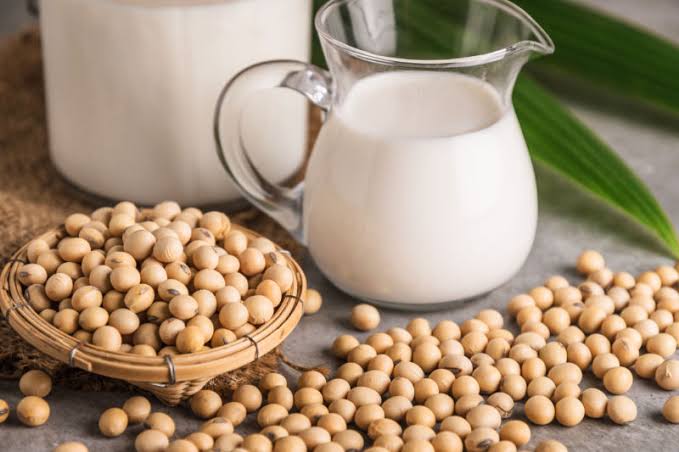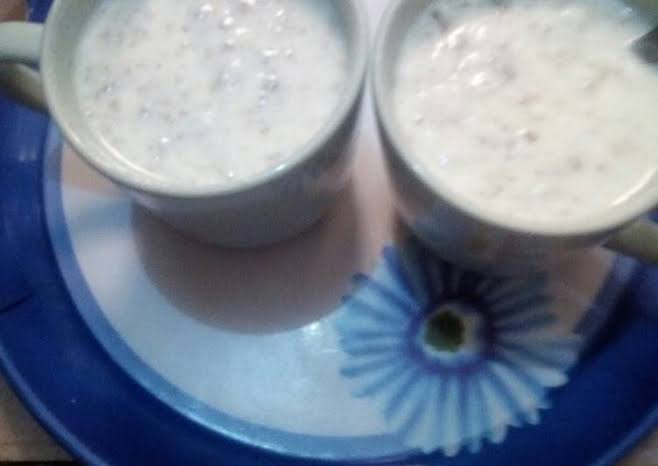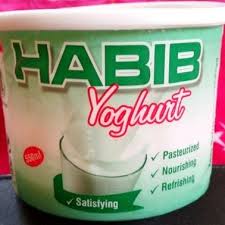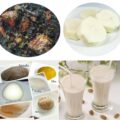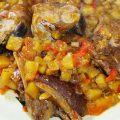Calcium is a key nutrient that many of us overlook in our diets. Almost every cell in the body uses calcium in some way, including the nervous system, muscles, and heart. Your body uses calcium to build healthy bones and teeth, keep them strong as you age, send messages through the nervous system, help your blood clot, your muscles contract, and regulate the heart’s rhythm.
If you don’t get enough calcium in your diet, your body will take it from your bones to ensure normal cell function, which can lead to weakened bones or osteoporosis. Calcium deficiency can contribute to mood problems such as irritability, anxiety, depression, and difficulty sleeping.
Despite these vital functions, many of us are confused about calcium and how to best protect our bones and overall health. How much calcium should you get? Where should you get it? And what’s the deal with vitamin D, magnesium, and other nutrients that help calcium do its job? This confusion means that many of us are not getting the recommended daily amount of calcium and approximately one in two women (and about one in four men) over the age of 50 will break a bone due to osteoporosis.
Getting enough calcium in your diet is not just important for older people. It’s also vital for children, teens, and young adults since we continue building bone mass into our mid-20s. From then on, we can lose bone mass without sufficient calcium in our diets. Whatever your age or gender, it’s vital to include calcium-rich foods in your diet, limit those that deplete calcium, and get enough magnesium and vitamins D and K to help calcium do its job. Here are the top Nigerian Foods Rich In Calcium.
Fortified Akamu with Milk
Akamu (Igbo), Ogi (Yoruba) or Pap is Nigerian corn meal made from wet corn starch. It has a distinctive sour taste that makes people crave it. It is processed from dry white or yellow corn. Adding milk to Akamu completely changes its nutritional profile and health benefits, Milk is an excellent source of calcium, with an average of 300 milligrams of calcium per 8-ounce glass.
Soy milk
Soy milk, also known as soymilk and soya milk, is a plant-based drink produced by soaking and grinding soybeans, boiling the mixture, and filtering out remaining particulates. It is a stable emulsion of oil, water, and protein. Its original form is a natural by-product of the manufacture of tofu. One cup of fortified soy milk contains about the same amount of calcium as the equivalent of cow’s milk. It is important to choose a product that is fortified with calcium carbonate. Soy milk is also rich in vitamin D, and it contains less saturated fat than whole milk with lactose.
Okra soup
Okra soup is prepared using the edible green seed pods of the okra flowering plant as a primary ingredient. It is greenish in colour. Okra has a slippery feel when rubbed with the fingers. The edible green seed pods can also be used in stews. A single cup of raw okra contains 82 mg Trusted Source of calcium. Okra is also a significant source Trusted Source of protein, fiber, iron, and zinc. READ: List Of Nigerian Food To Eat During Pregnancy
Fura da nono
Fura da Nono is a popular African cold gruel produced and consumed mostly by the Fulani. The meaning of fura da nono in English is simply “millet and milk gruel.” Fura means “millet balls” and nono means “cow milk yogurt”. Millet is an excellent source of natural calcium which helps in strengthening bones for growing children and aging people. Regular consumption of millet is good for bone health and keeps diseases such as osteoporosis at bay and could reduce risk of fracture. In addition, One cup (245 grams) of plain yogurt contains 30% of the RDI for calcium, as well as phosphorus, potassium and vitamins B2 and B12 (10). Low-fat yogurt may be even higher in calcium, with 45% of the RDI in one cup (245 grams)
Leafy Vegetables such as Ugwu, African Spinach
Dark, leafy greens are incredibly healthy, and some of them are high in calcium. You should know that some vegetables are high in oxalates, a naturally occurring compound that binds to calcium, making some of it unavailable to your body. Spinach is one of them. Eating a variety of fruit and vegetables is important for good health.
Akara
Akara, also known as Bean Cakes, Bean Balls, Bean Fritas or Acarajé in Portuguese is a Nigerian breakfast recipe made with beans. Beans are among the most versatile and commonly eaten foods throughout the world, and many varieties are grown in Nigeria. Because of their nutritional composition, these economical foods have the potential to improve the diet quality and long-term health of those who consume beans regularly. There are some beans that have 1-2 mg per 100 grams; nothing special. But several other beans are loaded with more.
Yoghurt
Yogurt is a popular dairy product that’s made by the bacterial fermentation of milk. The bacteria used to make yogurt are called “yogurt cultures,” which ferment lactose, the natural sugar found in milk. This process produces lactic acid, a substance that causes milk proteins to curdle, giving yogurt its unique flavor and texture. Yogurt can be made from all types of milk. Varieties made from skim milk are considered fat-free, whereas those made from whole milk are considered full-fat. Plain yogurt without added colorants is a white, thick liquid with a tangy flavor.
Unfortunately, most commercial brands contain added ingredients, such as sugar and artificial flavors. These yogurts are not good for your health. On the other hand, plain, unsweetened yogurt offers many health benefits. A Cup for cup, yogurt can contain more calcium than milk, depending on the variety you eat. A cup of plain, low-fat yogurt gives you about 400 milligrams of calcium, which is at least a third of your daily needs. Yogurt is also a good source of protein and B vitamins—especially vitamin B12.
Low-fat yogurt and nonfat yogurt are good foods to keep around if you’re watching your weight. Both are relatively low in calories, considering the nutrients they provide, and can substitute for high-fat items like mayonnaise and sour cream in recipes.
You can also add plain yogurt to your everyday diet: yogurt is rich in calcium, which makes your bones strong. Many people who are lactose intolerant, may still consume yogurt to benefit from its calcium content. Because lactose found in it, are said to be broken down already.



